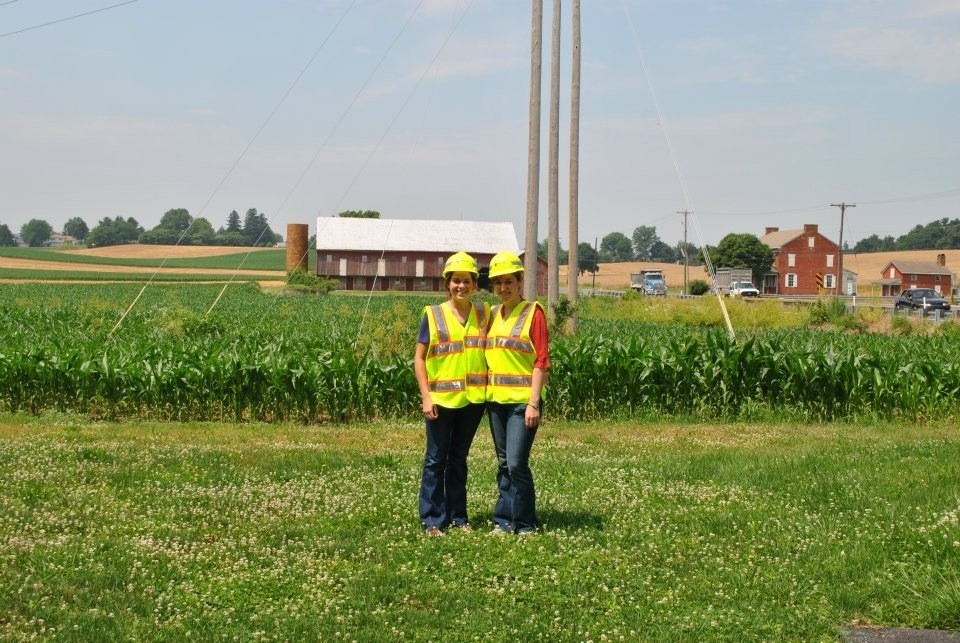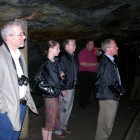If you’ve been to a preservation or archaeology conference lately, you may have found yourself looking out at a sea of grey heads. The generation that began working on public projects in the 1970’s and 1980’s with the initial implementation of Federal and State Historic and Archaeological Preservation laws and regulations, is now retiring. These are the people who invented what is known as Cultural Resource Management (CRM). If important historic places are going to continue to be protected and managed for the future, a new generation of cultural resource professionals will have to carry the standard.
Unfortunately, most university programs don’t fully prepare young professionals very well for a career in CRM. The complexity, competing interests, and nuance of real public projects are difficult to replicate in a classroom. Furthermore, most of the really great CRM practitioners in North America work at State and Tribal Historic Preservation Offices (SHPO’s and THPO’s), at federal and state agencies, and at consulting firms.
As a result, most recent university graduates don’t really have the skills and experience they need to begin their careers, and the SHPO’s, THPO’s, agencies and consulting firms that need to find new blood are faced with a dearth of qualified applicants. Here in Pennsylvania, the PHMC’s Bureau for Historic Preservation (BHP, Pennsylvania’s SHPO) and the Pennsylvania Department of Transportation (PennDOT) have decided to attack this problem with an innovative and very effective internship program.
Our interns include students from archaeology, history, planning, geography, and preservation programs. The internship program, which runs May through August, places PennDOT Cultural Resources interns in the PA Historic Preservation/ Bureau for Historic Preservation (BHP) office. About 60% of the internship involves working on agency best-practices research or projects, utilizing the resources and databases of the BHP. The remainder of their time is spent on rotations through the PennDOT district offices helping to scope future projects, on archaeological investigations with PennDOT’s and Indiana University of Pa’s PennDOT Highway Archaeological Survey Team (PHAST), on surveys of historic bridges and districts, and on a series of weekly seminars in Cultural Resource Management. The interns are paid for their time and some of them earn undergraduate or graduate credits as well. Most importantly, they’re exposed to real day-to-day projects and issues at a typical DOT and Historic Preservation Office, and are given the tools and mentoring they’ll need for a successful career in cultural resource management. Of the 17 interns who’ve gone through the program since 2007, 14 are now working in their profession! PennDOT’s last two full time advertised positions for Cultural Resource Professionals went to former interns.
Intern applications are typically accepted in January through early February, and the successful candidates are announced in March. If you’re interested in this extraordinary educational partnership, you can contact Joe Baker, PennDOT’s Cultural Resources Internship coordinator at joebaker@pa.gov or by phone at (717) 705-1482.





0 Comments
2 Pingbacks